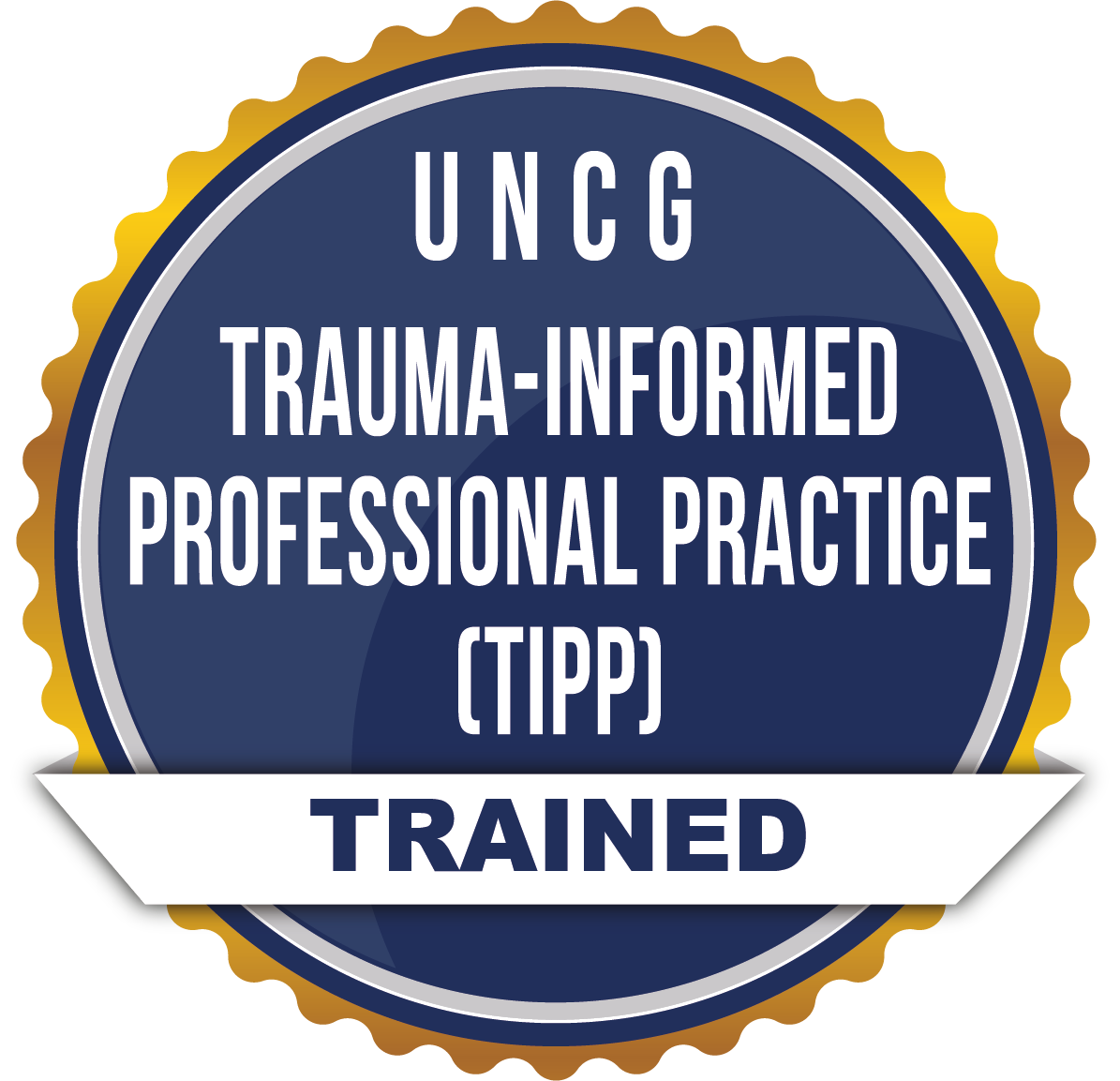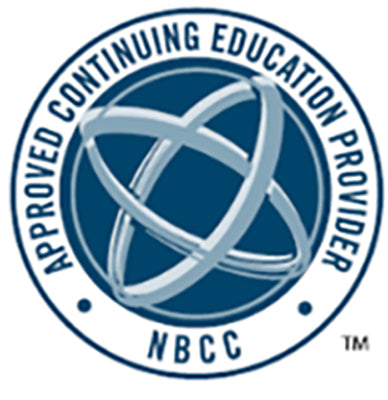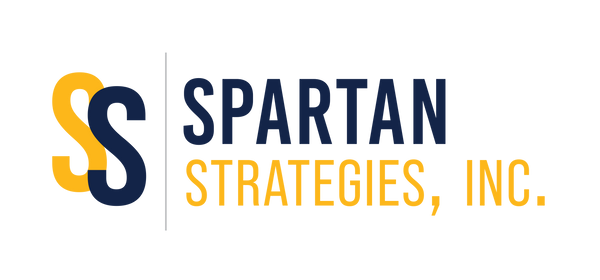Trauma-Informed Professional Practice (TIPP) Certificate Training Program for Educators (K–12)
Trauma-Informed Professional Practice (TIPP) Certificate Training Program for Educators (K–12)
The Trauma-Informed Professional Practice Certificate Training Program (TIPP) for K-12 Educators is a 14 hour course designed to equip educators in understanding the impact of trauma in the lives of students, teachers, staff, and families they are serving. With the overall purpose of developing and strengthening trauma-informed practices, participants will gain knowledge to help them increase psychological and emotional safety in their professional spaces. This asynchronous course consists of 16 video-based modules created to help participants gain an understanding of trauma, trauma reactions, and the physiological effects of trauma. Additionally, participants will learn information about trauma-informed practices and build skills specific to their profession as educators.
Additionally, participants will learn information about trauma-informed practices and build skills specific to their profession. Dr. Rebecca Mathews, PhD, LCMHCS, LPC-S, CBGT, CHST is the developer and main presenter throughout the training program. She collaborated with CED’s NCA-STAR and brings in guest speakers throughout the program to share their knowledge and expertise on trauma. Participants will hear from researchers, educators, and practitioners who will help to deepen the understanding of trauma. Learners will gain insight into the impact of trauma on diagnosis, assessment, and evidence-based practices. With each hour of content, engagement in the course happens in a combination of ways including watching recordings, reading, taking content quizzes, and participating in discussion boards and reflective activities.
A sampling of TIPP topics:
- What Is Trauma & Where Does It Come From
- Impact of Trauma Across the Lifespan
- Trauma’s Impact on Brain & Body
- Building a Trauma-Informed Approach
- How Trauma Shows Up in Pre-K, Elementary, Middle, and High School Students
- Trauma-Informed Classroom Strategies
- Educational Wellness
- Fostering Resilience

UNC Greensboro's Department of Counseling and Educational Development has been approved by NBCC as an Approved Continuing Education Provider, ACEP No. 3014. Programs that do not qualify for NBCC credit are clearly identified. UNC Greensboro — Department of Counseling and Educational Development is solely responsible for all aspects of the programs.
Refund Policy
Participants who have registered for the TIPP program can receive a partial refund if the participant has not viewed any of the program material on the MOODLE site. No refund is available for participants who have accessed or viewed the program material on the MOODLE site.
You will have access to the training for 365 days or until the training has been completed. Once you have been enrolled for 365 days or completed the training (whichever occurs first) you will be removed from the training and no longer have access to the materials.
Please note: Once you begin the modules you cannot get a refund. If applicable, participants can be granted a partial refund of $314 which constitutes the registration fee minus a $35 service charge. No other refunds are offered.
Extension Policy
Extension requests must be submitted prior to the 365th day of enrollment. A 30 day extension may be granted at that time if the request is warranted.
Program Assistance
For questions, concerns, or complaints related to the TIPP Training program, contact Dr. Rebecca Mathews at rlmathews@uncg.edu, Curry Building, UNC Greensboro, Greensboro, NC 27402. 336-334-3434, https://soe.uncg.edu/ced/
Non-Disclosure Agreement
Unauthorized disclosure or use of contents included is prohibited. Any information included in the course is considered proprietary and should not be copied, shared or distributed for any reason. Requests for documents not provided in the course will be denied. Should you intentionally allow others access to the content of the online training or share training content your certificate of completion will be withheld. After a certificate has been issued the University holds the right to revoke all evidence of completion should breach of this contract occur. Once you have been enrolled for 365 days you will automatically be removed from the course and no longer have access to the materials.
Couldn't load pickup availability
Share




